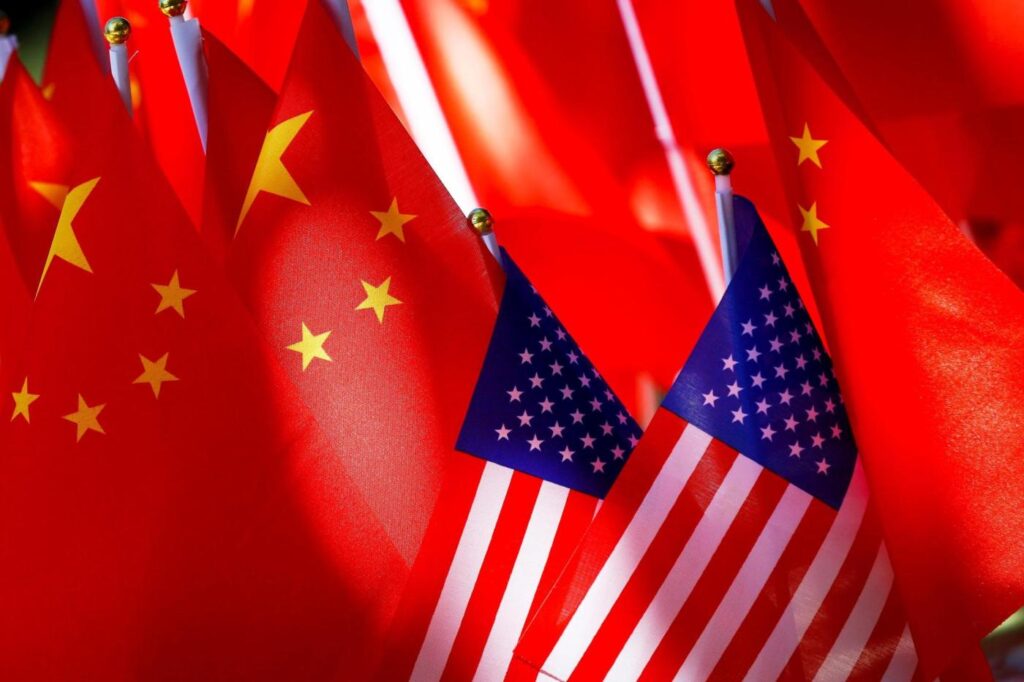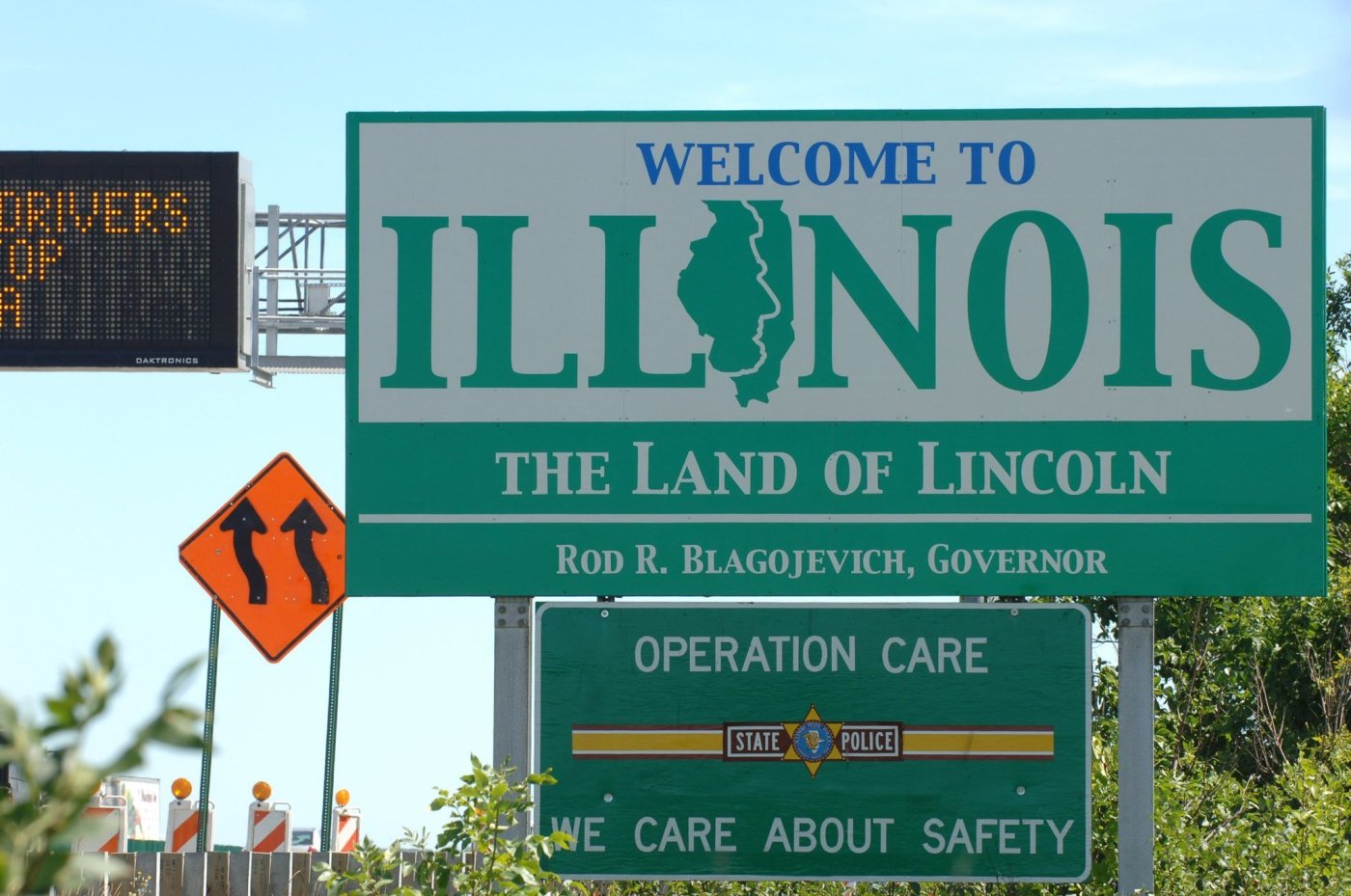
Concerns about foreign influence on U.S. college campuses are escalating, particularly regarding the involvement of the Chinese Communist Party (CCP). Recent investigations reveal that CCP members are establishing unofficial branches within American universities, leveraging the presence of Chinese exchange students and visiting scholars. This situation raises significant questions about national security and the integrity of academic institutions.
According to the Daily Caller News Foundation, these party branches operate covertly, often unregistered and unacknowledged by university administrations. Locations such as Oklahoma State University, University of Nebraska-Lincoln, and University of Colorado-Denver have been identified as sites where party members have conducted meetings, distributed ideological materials, and held loyalty pledges to the CCP. Communication for these activities frequently occurs through platforms like WeChat or Chinese consulate channels, circumventing university oversight.
The openness of the American academic model, which has long been a hallmark of its global reputation, is now being exploited. The values of collaboration and intellectual freedom that define U.S. universities are at risk of being overshadowed by a shadow infrastructure of political allegiance. While the commitment to global cooperation is commendable, it also necessitates vigilance. The presence of foreign political operatives within these institutions poses a strategic challenge, potentially undermining the very principles of academic neutrality and integrity.
This issue is complex and sensitive, particularly regarding the impact on Chinese students studying in the United States. It is crucial to differentiate between foreign political operatives and the vast majority of students who come to pursue education. The latter should not face undue suspicion or hostility. The global reputation of American universities is reflected in the number of international students seeking to learn in a diverse environment.
Nonetheless, authorities must take proactive measures to safeguard academic spaces from exploitation. As highlighted by recent reports, there is an urgent need for statutory tools that empower universities and federal agencies to identify and address foreign influence operations effectively. Neglecting this responsibility could be detrimental to national security.
Discussions surrounding this issue often polarize opinions. On one side, proposals to ban Chinese students outright are seen as unjust and counterproductive. Such actions would penalize innocent individuals and contradict the very essence of openness that characterizes American education. Conversely, a completely open policy without safeguards could invite exploitation and erode trust in academic institutions.
Moving forward, a balanced approach is essential. This framework should protect students genuinely seeking education while equipping universities and government entities to detect and deter foreign influence. The challenge lies in maintaining the integrity and reputation of U.S. higher education while ensuring that academic spaces remain safe and free from undue political manipulation.
The dialogue on this topic continues to evolve, as the implications of foreign influence become increasingly apparent. Addressing these concerns requires careful consideration and action to protect the sanctity of academic freedom in the United States.







